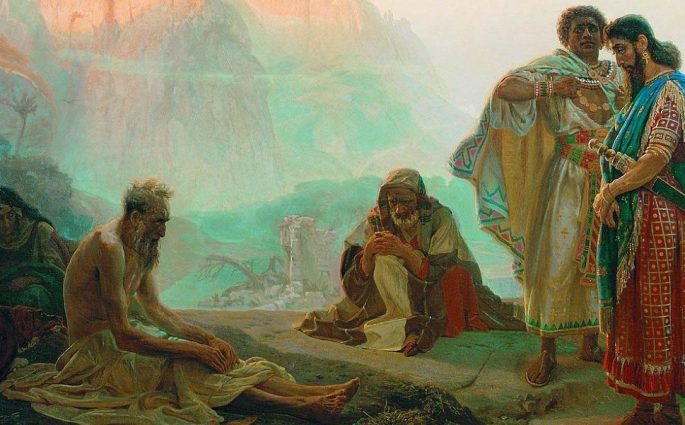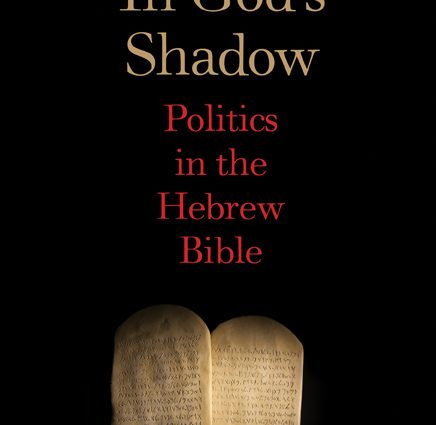Founding God’s Nation
Leon R. Kass— Exodus, the second of the Five Books of Moses (The Torah), contains some of the most famous stories in Western literature: the enslavement of the Children of Israel by Pharaoh in Egypt, the rescue of baby Moses from the Nile by Pharaoh’s daughter, God’s call to Moses





